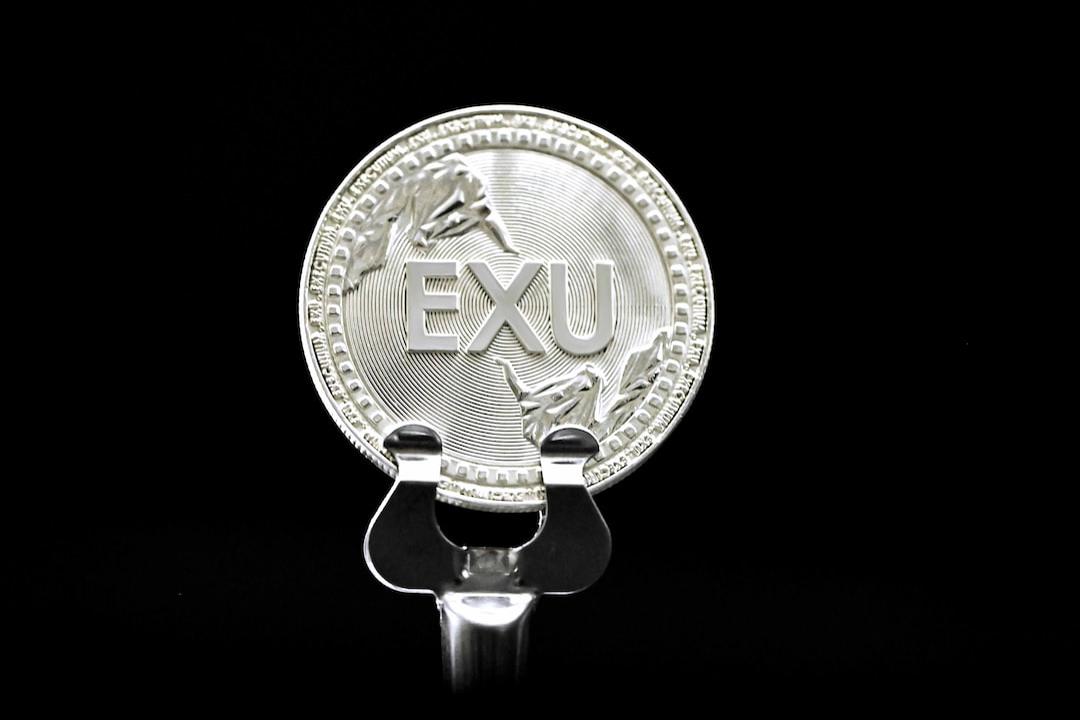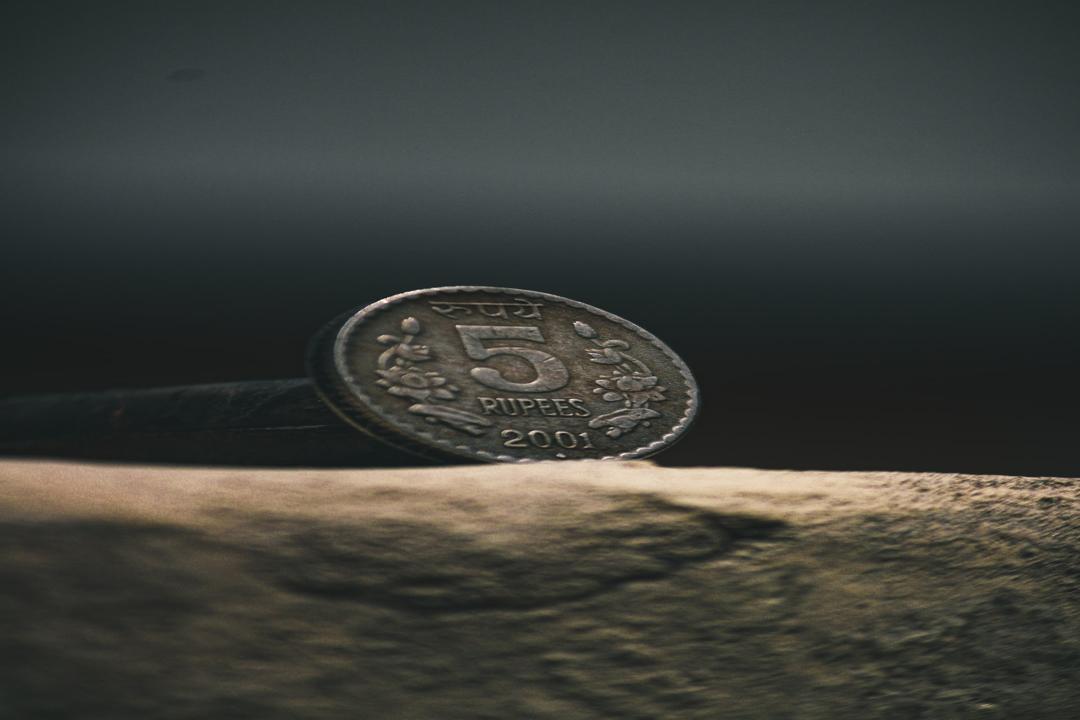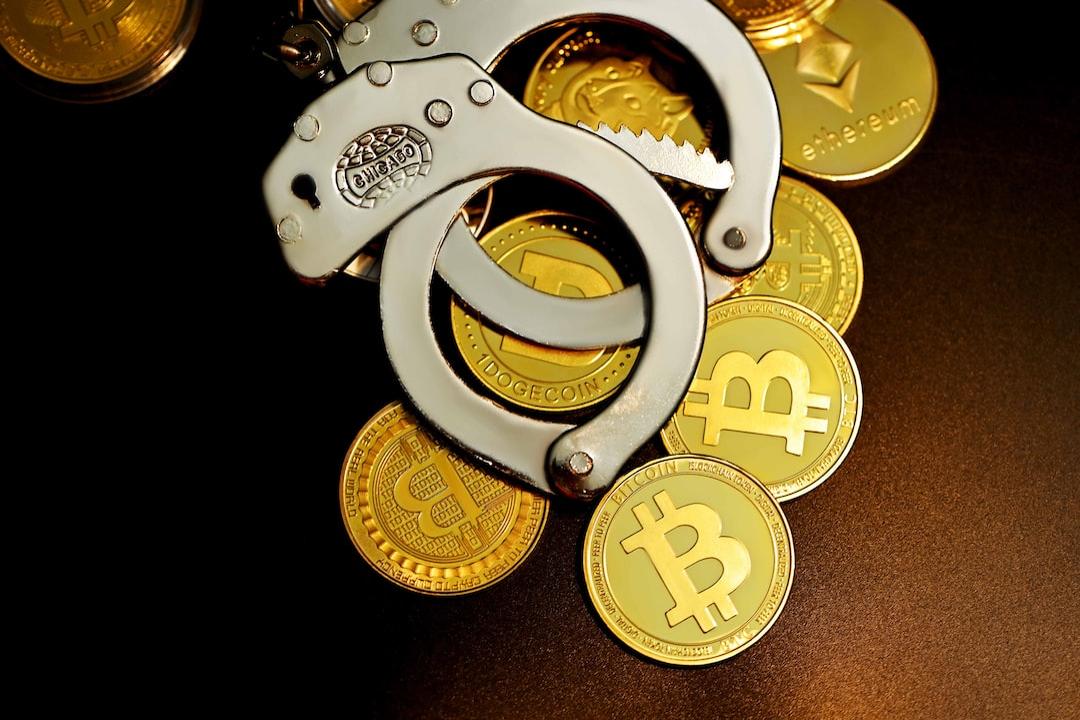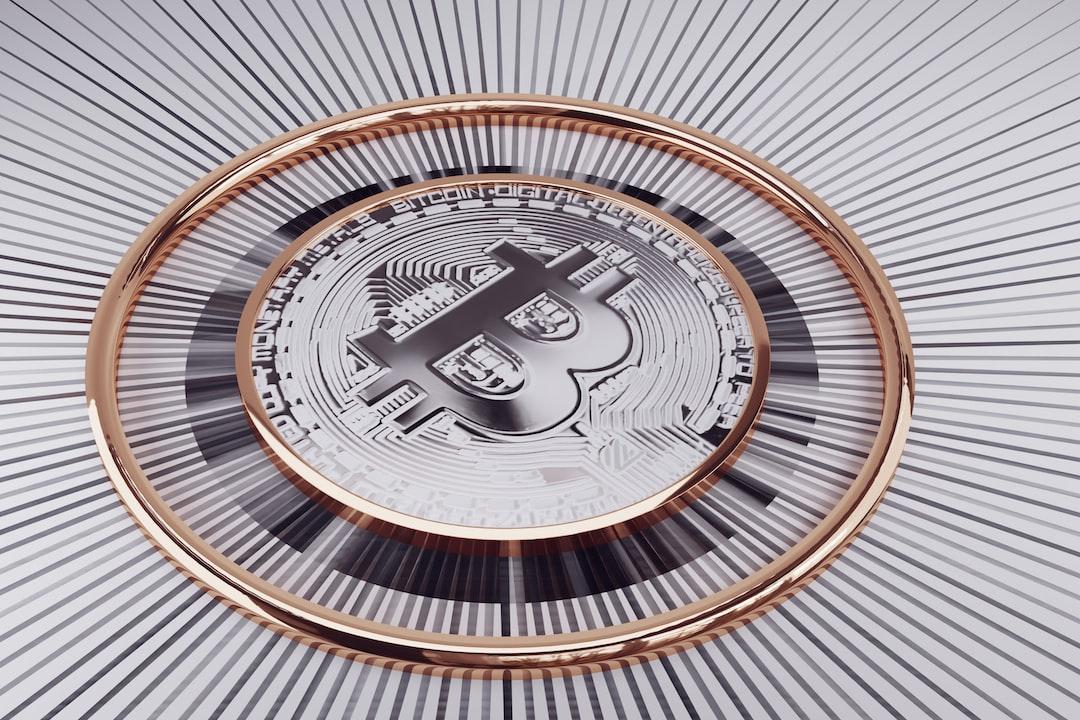Opinion articles present diverse views and do not represent the stance of WEB3+
Trump Calls for Bitcoin as Strategic Reserve
On July 25, 2024, U.S. Republican presidential candidate Donald Trump stated at a Bitcoin conference that if he wins the 2024 presidential election, he would include Bitcoin in the country’s strategic reserves. Behind this seemingly exaggerated statement lies a deeper consideration.
Since Bitcoin’s inception in 2008, debates about its role have persisted. Its creator, Satoshi Nakamoto, and his followers envision it as a peer-to-peer payment tool, while some investors question its legitimacy as a scam. Others hope it will become an alternative asset akin to gold.
Regardless of the perspective, after 16 years of development, Bitcoin’s market capitalization has grown to approximately $1.34 trillion, with over 90% of its total supply of 21 million coins already mined. Bitcoin is widely recognized and even partially held by the public. If it were to be officially recognized as a strategic reserve by the United States, central banks worldwide would likely follow suit, representing a positive development for cryptocurrency supporters.
Is Bitcoin Becoming a Political Tool?
As a former U.S. president vying for re-election, Trump has issued a statement in stark contrast to his previous term’s stance against Bitcoin: “The U.S. government has violated an essential principle in the hearts of every Bitcoin fan, which is to never sell Bitcoin.” He added, “My policy is to retain 100% of the Bitcoin currently held or acquired by the U.S. government.”
Republican Senator Cynthia Lummis subsequently drafted the “2024 Bitcoin Strategic Reserve Act,” proposing to purchase up to 200,000 coins annually, eventually accumulating a total of one million coins, implying a gradual increase in holdings if elected.
Currently, the U.S. government holds nearly 210,000 Bitcoins, most of which are assets seized during law enforcement actions, primarily under the jurisdiction of the Department of Justice (DOJ) and the Department of Homeland Security. These illegal assets, valued at approximately $14 billion, should be auctioned. Following Trump’s comments, how these special assets are defined and utilized has become a contentious electoral issue, sparking debate across various sectors.
Cryptocurrency mogul and BitMEX founder Arthur Hayes believes this policy is unlikely to materialize: “Before buying Bitcoin, the U.S. government would first buy gold.”
Trump has consistently used provocative, high-discussion electoral promises as a political strategy. Will this be another fleeting declaration, akin to his past call to build a wall on the Mexican border? In the lead-up to the election in October, not only Republicans but also Democratic Congressman Ro Khanna has weighed in on this issue, proposing to include Bitcoin in the Federal Reserve’s reserve assets under the slogan “Reset,” urging the Democratic Party to shed its negative perception of digital assets.
According to Coinweb, around 46 million people in the U.S. currently hold cryptocurrencies, including a dedicated group of supporters. As the contentious cryptocurrency debate continues, both parties are actively seeking to attract voters.
Given Trump’s renewed focus on this controversial emerging asset, it is worthwhile to explore the possibilities and implications of Bitcoin as a strategic reserve.
The Significance of Bitcoin as a Strategic Reserve
Nations typically maintain multiple strategic reserves to address unexpected economic, energy, or national security crises. As of 2024, the U.S. holds 346 million barrels of Strategic Petroleum Reserve (SPR) to ensure energy security in case of oil supply disruptions, food reserves to address supply chain breaks or food shortages, and reserves of metals and rare earth resources to meet emergency production demands in military and technology sectors.
The U.S. has a gold strategic reserve of 8,133 tons, the highest globally, aimed at enhancing currency stability and financial trust. Holding gold is a consensus among central banks. If Trump proposes Bitcoin as a strategic reserve, given Bitcoin’s trajectory towards becoming “digital gold,” its role may evolve to resemble that of gold reserves. However, the core differences between the two are:
Stability: Gold currently has a high value stability, while Bitcoin exhibits high volatility.
Regulation and Global Acceptance: Bitcoin is built on an unrestricted blockchain network, and global acceptance and regulatory consensus have yet to be unified.
Custody and Security: Gold is a physical asset stored through physical means, making it relatively secure with modern technology, while Bitcoin exists on a digital blockchain network, allowing for quick access and transfer but still carries risks of being hacked.
The U.S. dollar serves as the foundation of trust in the global economy. For Bitcoin to reinforce the credibility of the dollar like gold, it cannot be accomplished merely by a policy statement. This involves the interests of various stakeholders (such as the existing financial system versus the cryptocurrency industry) and the negative costs of recognizing digital asset transfers for government agencies.
Can a New Consensus Be Established in the Name of Bitcoin?
Moreover, the premise for Bitcoin to be considered a strategic reserve is not only viewing it as an independent asset but also considering the cryptocurrency ecosystem it represents and whether it can effectively resonate with the current U.S. dollar hegemony system.
The U.S. has maintained the international status of the dollar despite continuous debt accumulation and money printing, largely due to global trust in its ability to repay debts without defaulting. The current cryptocurrency market is gradually aligning with this trust in its own way.
The early stablecoin issuer Tether provides some insights. Since its establishment in 2014, Tether has issued the first U.S. dollar-pegged stablecoin in the cryptocurrency market, claiming that each Tether coin is backed by one U.S. dollar, maintaining a price peg of $1 to provide a trading basis for the initially illiquid Bitcoin market.
Stablecoins have acted as important conduits for Bitcoin and other cryptocurrencies to enter the global market. As the market has grown, the reserves backing Tether have gradually expanded beyond a 1:1 ratio to the dollar. The latest reserve report reveals that Tether, with a market cap of approximately $120 billion, holds about $92 billion in U.S. Treasury bonds. Meanwhile, Circle, the second-largest stablecoin issuer with about $34 billion in market cap, holds approximately $28 billion in U.S. Treasury bonds. These virtual asset service providers have surpassed many national governments to become leading buyers of U.S. Treasury bonds.
Unlike the early stablecoins that operated on a 1:1 dollar reserve, the cryptocurrency market is gradually binding the entire ecosystem to “U.S. credit,” deepening the connection between the two systems.
With stablecoins bridging the gap, if a consensus is reached, Bitcoin may have the opportunity to become a national strategic reserve.

Tether Holds More U.S. Treasury Bonds Than the German Government for Over 23 Years
Despite the controversies, the comparison between gold and Bitcoin indeed carries symbolic significance from physical to digital assets across eras, while the underlying structural changes are crucial to the evolution of global consensus.
While gold may be more suitable as a long-term strategic reserve due to its stability and security, Bitcoin possesses potential to serve as a strategic reserve and could act as a supplementary asset, hoping to exert greater influence after further maturation.

U.S. Strategic Physical Reserves and Digital Currency Reserves
To learn more, the ninth Blockchain Enthusiasts Annual Conference will address the topic “Recognition of Digital Asset Reserves by Governments or Institutions,” inviting experts from both sides to debate and delve into the development trends of digital assets!
deBate: Web3 Digital Economy Development Route Argument

⚡️ Three Carefully Selected Debate Topics:
Trust Framework: Evolution of System Architecture and Token Economy
Digital Assets: Should Governments and Enterprises Buy Bitcoin as Asset Reserves?
Market Expansion: User Experience and Future Market Development
Agenda and Registration Information:
Ninth Blockchain Enthusiasts Annual Conference “Cross x Diversity”
? Conference Official Website: https://www.chain.tw/9tbs
? Conference Dates: 11/18 (Mon) 13:00 ~ 17:30 | 11/19 (Tue) 09:00 ~ 17:30
? Conference Location: NCCU Business and Public Administration Building, 2nd Floor | 6th Floor | 7th Floor (No. 187, Jinhua St., Daan District, Taipei City)
? Registration URL:
https://www.accupass.com/go/9tbs
Opinion articles present diverse views and do not represent the stance of WEB3+
Editorial Review: Li Pengrui

